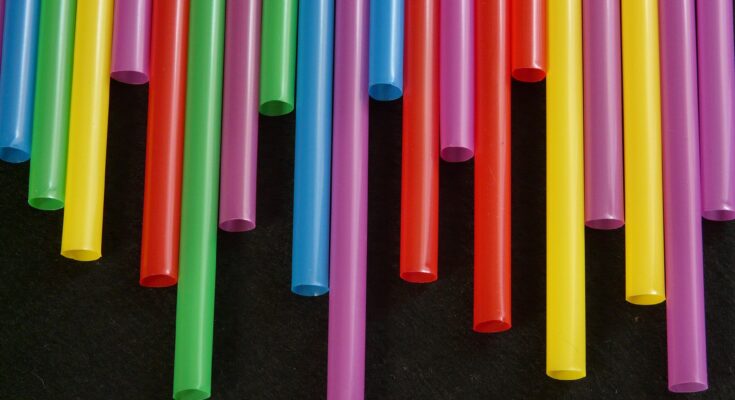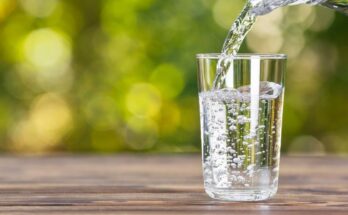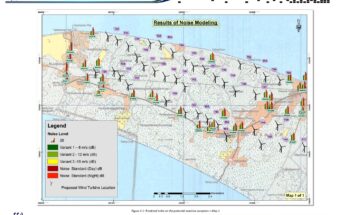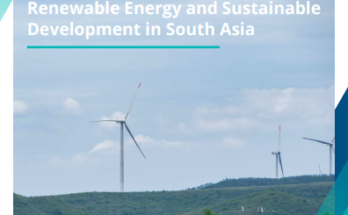In a recent press briefing held in Colombo Mr. Mahinda Amaraweera, Minister of Environment announced a plan to expand the list of banned plastic products to curb the plastic usage in the country. According to Minister Amaraweera Sri Lankans consume 736 Metric Tons of plastic per day, and only 30 MT out of those are recollected, and just 4.6MT of those recollected amount are recycled in to new products. So over 700 MTs a day retain in the environment. For a small island nation like Sri Lanka this is a huge amount. Given this scenario plastics have become a major environmental problem. And the only available solution to this problem is to cutdown the usage of plastics by banning and discouraging plastic based products.
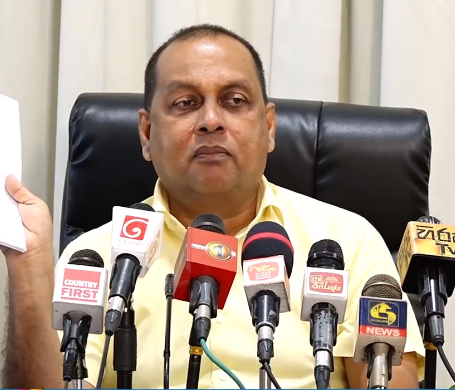
On 19th October 2020 Sri Lankan Parliament approved the proposal to ban a range of single use plastic products in Sri Lankan markets including PET packaging, PVC containers, Plastic Cotton Buds, Inflatable Toys made from Polythene and Sachet packaging. According to Minister of Environment, he has already submitted a cabinet paper proposing to expand that list by adding more products to it.
Minister Mahinda Amaraweera in this press briefing listed out this list of products, and given bellow are the products he mentioned in that list.
- Plastic clips used in Cloth packaging
- Single use cutlery including Spoons, Forks, Liquid Mixing Sticks, Yogurt and Icecream spoons made out of plastics
- Posters, Cutouts and Advertisements printed in plastic boards and sheets
- Plastic Straws
- Shopping Bags – these will be banned in two steps, and will start with smaller bags
- PET Bottles – Discussions are going on to establish a recollection and reuse process for these bottles with companies that use these bottles for their products
- Polythene Garlands
- Polythene packaging used in Incense Stick and Oil Lamp Wicks
- Various items used in Cosmetics industry that uses plastic as a raw material
- Plastic Items used in Food production that involves heating – (Example – String Hopper Trays)

Since several discussions are going on with different sources this list might change a bit but many will remain as to be banned items, Minister Amaraweera added.
According to Minister Amaraweera this decision will not be a sudden one but there will be an adequate time for the companies who are engaged in related industries will have a time to transform in to a novel approach that do not use these products. He also assured that there will be programs to encourage who produce environmentally friendly alternatives to these products.
He used the currently ongoing Perl Express Ship disaster to show how big the plastic usage in Sri Lanka. According to Minister the Ship Perl Express only carried plastic raw materials that are adequate for 3 months for just two companies. According to him there are 6 other companies that use these plastic raw materials for their productions. So that alone helps us to get a real picture of how big the plastic usage in this country, Minister added.
Many countries around the globe are doing their best to cut-down the plastic usage by taking various steps to gradually decrease the plastic based products. In Sri Lanka even though theses rules and regulations are in order they seemed not effective to the maximum extent as we still see some of the previously banned products still in our markets. So we hope the government will establish a proper mechanism to make sure these rules and regulations are followed by the sectors of the Sri Lankan society.

